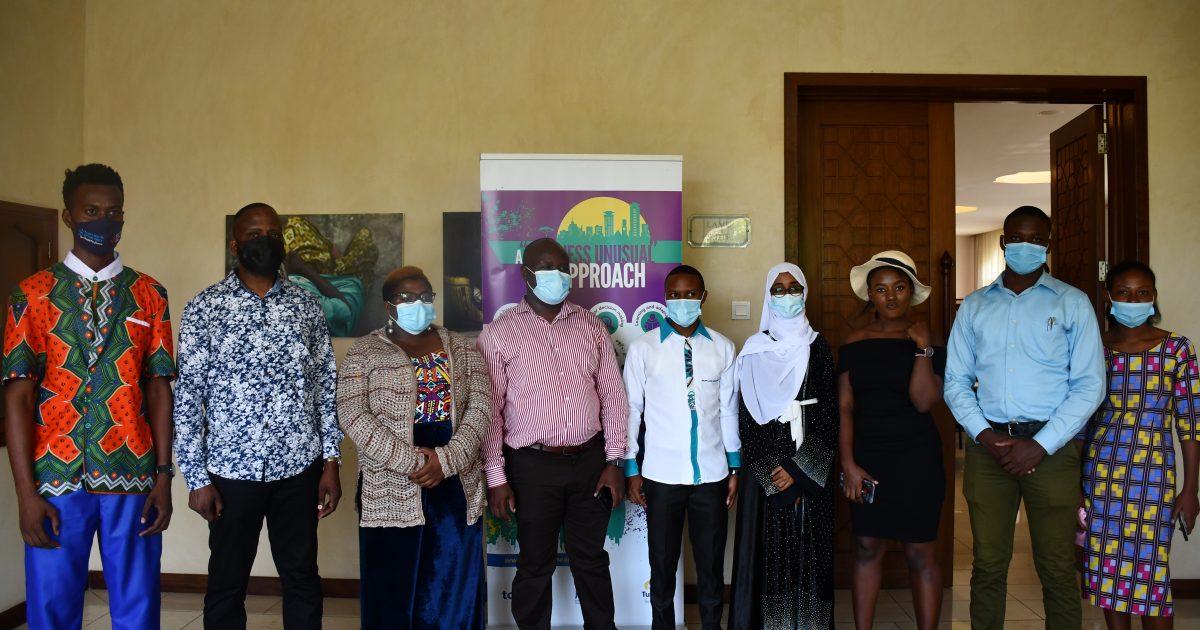Teenage pregnancy rates have reduced from 31 to 14 per cent among adolescents aged 10-19 years in Kilifi county in less than 2 years, due to easy access to family planning education and methods in Kilifi County.
The County Government of Kilifi partnered with The Challenge Initiative (TCI) to scale up family planning education in order to reduce early cases of pregnancies that remained adamantly high in the past years.

The Kilifi county government increased its family planning project financial contribution significantly by over 127% from Sh5.1 million in 2018 to Sh15 million for 2020/2021 financial year.
Speaking to the media during Adolescents and Youth Sexual Reproductive Health training at Silver Palm Hotel in Kilifi, the Kilifi County executive for health Karisa Dadu said the health sector has realized abundant benefits as a result of the increased ease of access to contraceptives in the county.
Dadu said the family planning-based project has reduced teenage pregnancies and on the other side improved maternal health in the county.
“In the past one and half years, statistics show a decrease in early pregnancy cases. We have been able to educate at least 770 health workers on family planning and maternal health. We have equally educated pharmacists in more than 40 pharmacies in Kilifi County. Additionally, the project has been able to train 120 youths who are currently ambassadors of maternal health and family planning in the county,” said Dadu.
The County Executive said that family planning has not only been a subject of interest to the female gender, but also to the male gender who reportedly have joined hands with their partners as a collective responsibility.
The County Reproductive Health Coordinator, Kenneth Miriti told the media that other than curbing teenage pregnancies, the TCI family planning agenda is to eradicate poverty in the region.
Miriti argued that the dependency ratio is very high in the county, thus increasing the number of women accessing family planning methods will control the dependency ratio which results in sustainable families.
“A family that has many children is not able to sustain all their needs. It means an increase in the number of dependants. When you look at Kilifi, the dependency ratio is so high. For instance, statistics indicate that only 1 person out of 20 in a family is stable financially,” he revealed.
“There is an urgent need for family planning education and practice not only in reducing the population, but also to bear children that a family is capable of sustaining. The project is aimed at increasing the economy by reducing poverty as a result of large families with inadequate resources,” Miriti added.
The coordinator congratulated the male gender for embracing the family planning education project stating that 84% of men are now discussing the methods with their partners compared to only 34% in the past 3 years as revealed by various surveys.
Addressing journalists during the training at Silver Palm, the Kilifi county Leader of Youth Advisory Council Leyla Abdulheid lauded the initiative for the tactical approaches in coordinating family planning services among young people in the county.
“We find that the young people have been going to the facilities to take family planning services because the county government’s department of health, with the support of stakeholders, has trained health providers in provision of youth friendly family planning services without being judgmental. The uptake of family planning has increased because the health providers are well trained,” said Abdulheid.
By Treeza Auma and Jackson Msanzu




